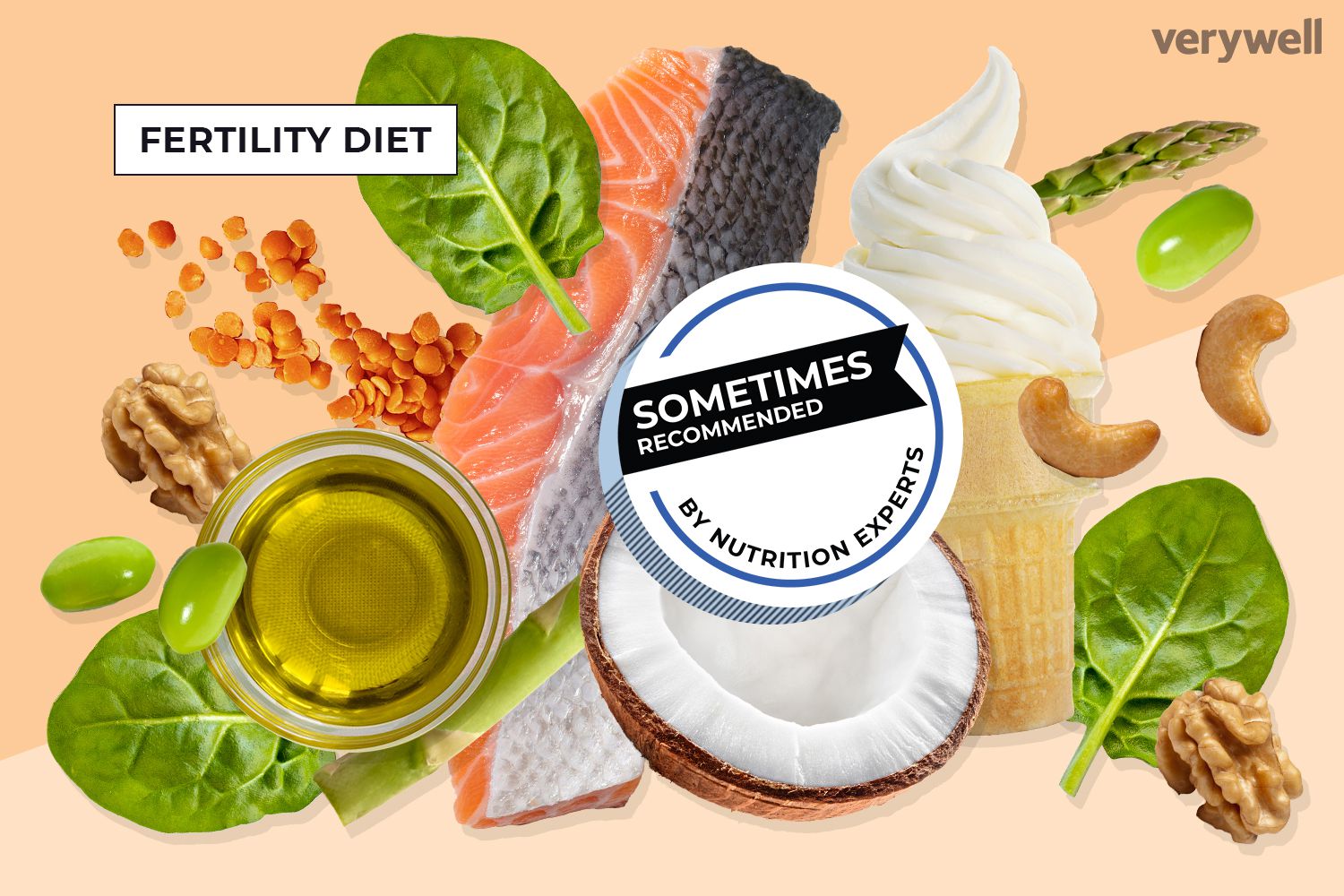How to increase fertility?

Are you wanting to have a baby but don't know how to increase your chances of conceiving? Don't worry, just prepare well the following, your chances of conceiving will be significantly increased.
So when is the "golden" time to conceive?
Normally, sperm can survive in a woman's uterus for two to three days but only live for about 12 to 24 hours, so determining the time of intercourse is extremely important in the process of conception. Once you have determined the fertile time, to increase the chances of fertilization you need to have sex more than once during this period. Ideally, you should have sex one to two days before ovulation and maintain that rhythm until ovulation. At that time, a healthy sperm source has entered the fallopian tube waiting for ovulation and fertilization takes place.
But determining when to ovulate is not always known to every woman because it fluctuates with your menstrual cycle. For a normal cycle, ovulation occurs around the 14th day before the next period, not mid-cycle as some of you think. If you have a 28-day cycle, you will ovulate mid-cycle. However, the menstrual cycle in each woman fluctuates, some are 30 days, 35 days, 40 days... accordingly you need to calculate and use measures to help determine your ovulation day.
How to determine the time of ovulation?
You can tell when you ovulate thanks to a number of changes in your body. If you're trying to get pregnant, try to keep track of your menstrual cycle for a month or two. Some signs of ovulation include:
• Chest pain
• Feeling a little uncomfortable in the middle of the abdomen
• Increased vaginal discharge
• A slight increase in basal body temperature that you can detect by taking your temperature every morning before getting out of bed, two days after ovulation. You can get a feel for your ovulation cycle if you keep track of your basal temperature chart for a few months.

If the cycle is irregular, it will be more difficult to conceive, then it is necessary to pay attention to the diet and daily exercise. Stress, vigorous exercise, and significant weight loss or gain can all disrupt your cycle. The more irregular your cycle, the harder it is to predict when you will ovulate. You can find your fertile days by tracking when you ovulate each month.
Currently, there are a few ways to help you determine when you ovulate: go to a hospital or medical facility that specializes in egg screening, buy egg test strips, monitor vaginal discharge or measure basal body temperature daily. Wake up every morning.
Monitoring daily basal temperature every morning as soon as you wake up with an electronic thermometer and have not done any activities such as: getting out of bed, eating, going to the bathroom, etc. will help women build a body chart. The temperature then determines your ovulation date.
Increase fertility through nutrition?
Diet plays an important role in increasing fertility in women. You should start changing to a balanced diet in preparation for pregnancy 3 months to 1 year before conception.
Women's body before pregnancy needs a lot of iron and folic acid. Iron and folic acid are also essential nutrients for the development of the fetus during pregnancy to produce blood and prevent birth defects in the first period of life. These substances are found in abundance in green leafy vegetables.
Women before pregnancy need about 800mg of calcium per day, during pregnancy need 1,000-1,200mg per day (equivalent to 1 cup of low-fat milk). Calcium can be easily supplemented from daily food sources such as yogurt, milk, canned salmon, fish bait, rice, butter, cheese..
 .
.
In addition, you should also supplement with vitamin C because it plays an important role in helping the eggs mature to be ready for conception. Broccoli is rich in iron, folic acid and vitamin C. Cabbage is also very helpful in promoting metabolism, preventing endometriosis and uterine fibroids.
Next is vitamin B and vitamin E – abundant in potatoes. Women should add potatoes to their diet to help eggs develop well and enhance cell division.
Citrus fruits (such as oranges, tangerines, lemons, grapefruit ...) will provide the body with many minerals and vitamin C - help release eggs. In addition, you can supplement with pomegranate to enhance sexual ability. Daily consumption of fruit, like a few slices of pineapple with high manganese content, promotes the production of reproductive hormones.
You should also eat more eggs. Eggs are rich in omega-3s, choline and vitamin D. In addition, foods like fish, oysters, and shellfish are also superfoods that play an important role in enhancing fertility in women. .
Don't forget to add nuts to your meal or sip at your leisure. Seeds contain a lot of zinc - an important factor in cell division, preventing uterine fibroids.
When to start taking vitamin supplements?
According to experts, the best time to take supplements before pregnancy is 3 months, because according to biological mechanisms, the egg begins to ripen about 3 months, before it is released to participate in the process. fertilization, so if at this time the mother takes medicines, multivitamins will be best for the healthy development of the eggs. Also, most women don't know they're pregnant during the first few weeks because they haven't planned. Meanwhile, the first 7 weeks of fetal formation of the neural tube is a very sensitive period and is prone to serious damage, but it is completely preventable with early supplementation of important nutrients.

Women preparing to become pregnant are advised to supplement with about 400 mcg of folic acid per day to ensure the body has enough of this nutrient, to prevent neurological defects for the fetus. Talk to your doctor specifically to get the most appropriate amount of supplement.
Pregnancy is a sacred journey and the preparation for pregnancy needs to be thoughtful, careful, calculated in advance from 3 months to 1 year to have an ideal pregnancy.